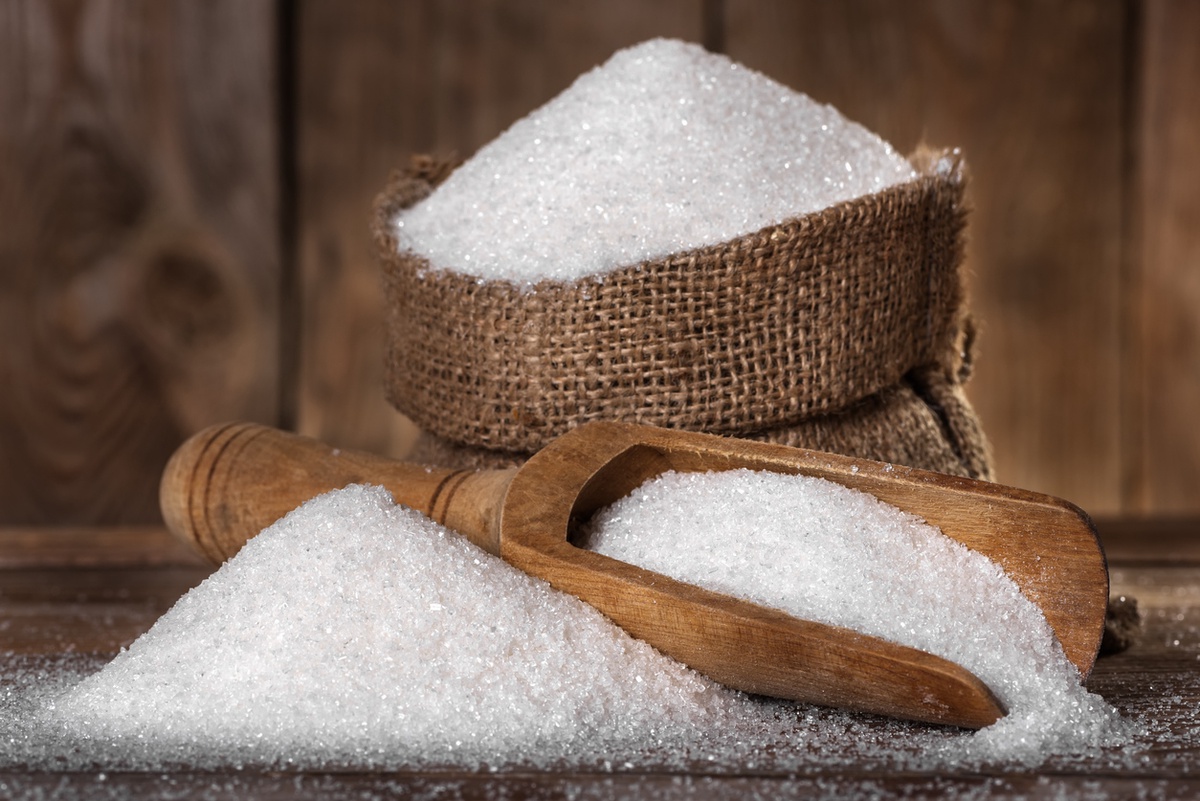India is a leading manufacturer and supplier of sugar in India. The country has a significant portion of its agricultural output dedicated to sugarcane cultivation. The process of sugar manufacturing typically begins with the cultivation of sugarcane on large plantations. After the sugarcane has been harvested, it is transported to a sugar mill and crushed. There, the juice is extracted. Clarifying and filtering the juice removes impurities, and boiling the resulting syrup produces raw sugar. Once refined, crystallized sugar is created, raw sugar is sent to a sugar company for further processing.
Sugar Manufacturing Process
There are many manual steps involved in sugar manufacturing in India. Technological advances in cultivation and processing have, however, led to an increase in the use of technology in the industry in recent years. As well as having the largest sugarcane crushing capacity, India is a major sweetener consumer. In the global sugar market, India is a key player thanks to its large domestic market and significant production capacity.
Cleaning
During the manufacture of sugar, the first step is cleaning. Raw sugar cane is cleaned of any dirt, debris, or other contaminants. A brush or other cleaning tool is usually used to clean raw sugar cane after it has been soaked in water. After cleaning, the sugar cane is cut into smaller pieces.
Grinding
Grinding is the second step in the process of sugar manufacturing. The raw sugarcane pieces are ground into a fine powder-like consistency in this process. A grinding machine is used in the process. The process of grinding helps to break down the individual pieces of cane. This allows better extraction of the sugar content.
Extraction
The Extraction of sugar content from the crushed cane is the next step in the process of sugar manufacturing. A combination of heat and pressure is used to force the juice out of the cane. The juice hence extracted is then filtered to remove any remaining impurities before it goes into tanks before storage.
Evaporation
Evaporation is the next step in the process of sugar manufacturing. In this process, the juice extracted in the previous process is boiled to reduce moisture and concentrate sugar content. A series of evaporators are then used to reduce the moisture content and concentrate the sugar.
Crystallization
In the next step, which is crystallization, the concentrated sugar solution is cooled, causing the sugar crystals to form. The crystals are then collected and separated from the solution in special machinery by the best refined sugar manufacturers.
Packaging
The final step in the sugar manufacturing process is the step where crystals are packaged into bags or containers and prepared for sale.
Sustainable Sugar Manufacturing Practices
The contemporary sugar industry is heading towards sustainable sugar manufacturing practices. These practices aim at minimizes the environmental impact and promote the long-term health and viability of the sugar industry. Some prominent examples of sustainable sugar manufacturing practices include implementing water conservation measures, using renewable energy sources, using sustainable farming methods, and recycling waste products. Additionally, many refined sugar manufacturers are working to reduce their greenhouse gas emissions and improve their overall environmental performance.
Conclusion
The sugar manufacturing process is a complex and time-consuming one, involving a variety of steps and inputs. Sugar manufacturers must carefully manage these inputs to ensure high-quality products. Sugar production involves the careful selection of raw materials, the right equipment, and the right processing techniques. By following these steps, sugar manufacturers can ensure the highest quality product and adhere to industry standards. Sugar manufacturing is an important part of the global food industry, and the process should be carefully managed to ensure the industry's success.


No comments yet